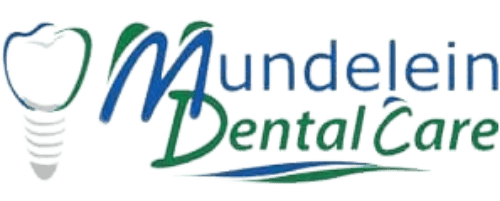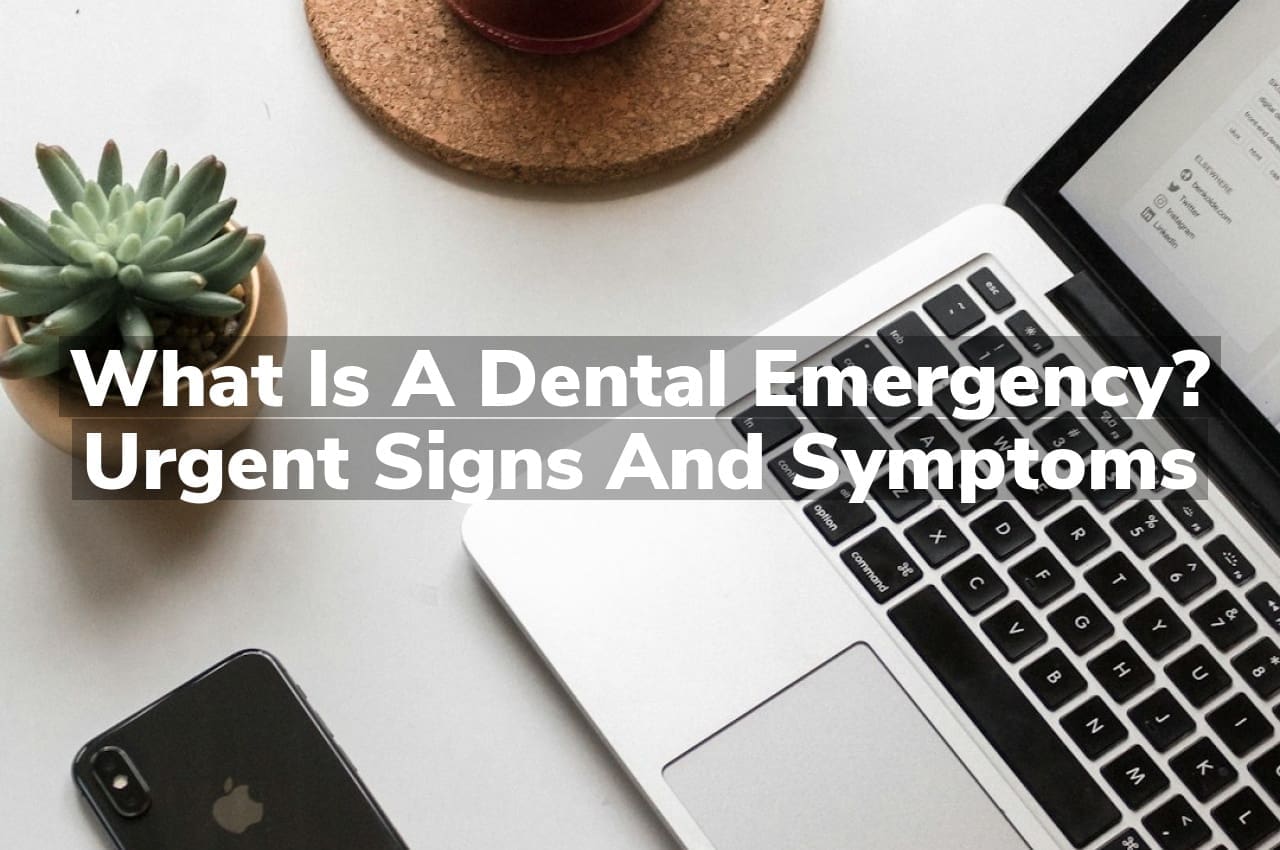What is a dental emergency, and how can you recognize the urgent signs and symptoms that require immediate attention? A dental emergency typically involves sudden and severe pain, bleeding, or trauma to the teeth or gums. Understanding these critical indicators can help identify situations where seeking professional evaluation is necessary.
Recognizing a True Dental Emergency
Understanding what is a dental emergency can be crucial in taking the right action during a critical situation. A true dental emergency often involves severe pain, bleeding, or trauma that requires immediate attention to prevent further complications or permanent damage. Common scenarios include knocked-out teeth, a jaw injury, or uncontrolled bleeding after an extraction. Recognizing these signs is essential as they indicate the need for urgent care to address potentially serious conditions.
In many cases, the urgency and type of response required can be confusing. If you’re unsure about the severity of your dental issue, it’s important to consult a professional promptly. For more detailed information on urgent dental situations, you can visit What is Considered a Dental Emergency? Know When to Act. This resource can help clarify whether immediate professional attention is necessary.
What is a Dental Emergency?
Recognizing the signs of a dental emergency can be crucial for taking appropriate action. Common dental emergency symptoms include severe toothache, persistent bleeding, loose or knocked-out teeth, and significant swelling in the mouth or facial area. These symptoms often indicate serious underlying issues that require immediate attention to prevent further complications or permanent damage.
If you’re experiencing any of these symptoms, it’s important to seek professional help promptly. For those located in Mundelein, Dental Emergency Services in Mundelein are available to assist you. Understanding what is a dental emergency is the first step toward getting the necessary care in a timely manner.
When to Seek Immediate Care
Recognizing when to seek immediate care for dental emergencies is crucial for maintaining oral health. Some urgent signs include severe toothache, significant bleeding, or a tooth that has been knocked out or is loose. Swelling in the mouth or facial area, especially if it impedes breathing or swallowing, also warrants prompt attention. Additionally, if there is an injury to the jaw or persistent pain and swelling after a dental procedure, these are indicators that immediate care may be necessary. Identifying these symptoms early can be important in addressing dental issues effectively.
Types of Dental Trauma
Understanding the various types of dental trauma is crucial when determining what is a dental emergency. Dental trauma can range from minor chips or cracks in the teeth to more severe cases such as avulsed (knocked-out) teeth or fractured jawbones. Other common types include dislodged teeth, where a tooth is pushed sideways, out of, or into its socket, and soft tissue injuries, which affect the gums, lips, or cheeks. Recognizing these signs can help in identifying serious conditions that require immediate attention. For professional care, consider visiting Mundelein Dentist for reliable dental services.
Severe Toothache: A Red Flag
A severe toothache can be more than just a nuisance; it often signals a critical issue that requires immediate attention. If you’re wondering, “What is a dental emergency?” experiencing intense, persistent tooth pain is a definitive sign. This type of discomfort can indicate various serious conditions such as an abscess, deep decay, or infection that, if left untreated, could lead to more severe health complications. It’s crucial to consult with a dental professional as soon as possible to determine the cause of the pain and receive appropriate treatment. Ignoring a severe toothache can lead to further dental issues and even systemic health problems.
Signs of Dental Infections
When considering the question, “What is a dental emergency?” it’s crucial to recognize the signs of dental infections, as they often require urgent care. Symptoms can include severe toothache, sensitivity to hot and cold, swelling in your face or cheek, and fever. Additionally, you might notice an unpleasant taste in your mouth or see pus around the affected tooth. These signs indicate that the infection could be spreading, potentially leading to more serious health issues if not treated promptly. Recognizing these symptoms early is key to addressing dental emergencies effectively.
Impact of Ignoring Dental Warnings
When considering what is a dental emergency, a severe toothache should never be ignored as it often serves as a red flag signaling more serious dental issues. A persistent toothache can indicate problems such as tooth decay, abscess, or other infections that could potentially spread to other parts of the body if left untreated. Ignoring these symptoms not only prolongs the pain but may also lead to more complex and costly treatments in the future. It’s crucial to seek immediate dental advice to address the pain effectively and prevent further complications.
Dental Issues and Overall Health
Understanding the connection between dental issues and overall health is crucial when determining what is a dental emergency. Many people don’t realize that oral health problems can significantly impact the rest of the body. For instance, untreated dental infections can lead to more severe health complications, including heart disease, diabetes, and respiratory infections. Recognizing urgent signs and symptoms that indicate a dental emergency is essential not only for maintaining oral health but also for protecting your overall well-being. Prompt treatment can prevent the spread of infection and mitigate serious health risks associated with dental issues.
Urgent Dental Conditions Overview
When pondering “What is a dental emergency?”, it’s crucial to recognize the urgent signs that necessitate immediate attention to prevent further complications or severe pain. Urgent dental conditions include severe toothache, uncontrolled bleeding, jaw injuries, or swelling that suggests an infection such as an abscess. These symptoms can escalate quickly and require prompt treatment from a dental professional. Understanding these urgent signs and responding swiftly can be pivotal in preserving your oral health and preventing more serious health issues.
Conclusion
If you’re unsure about what is a dental emergency, don’t hesitate to call us at 847-566-5560 or read our reviews on Google Maps.

